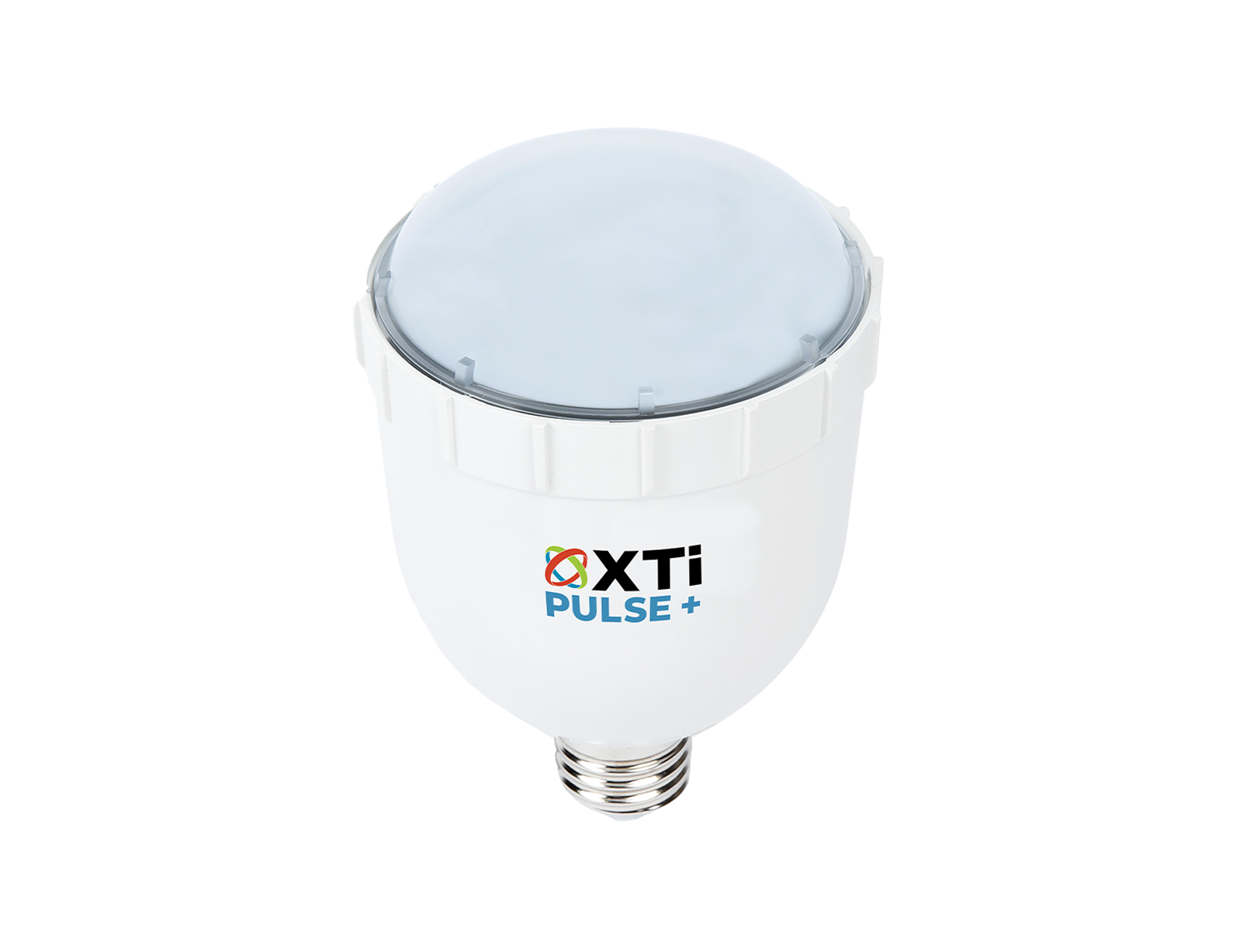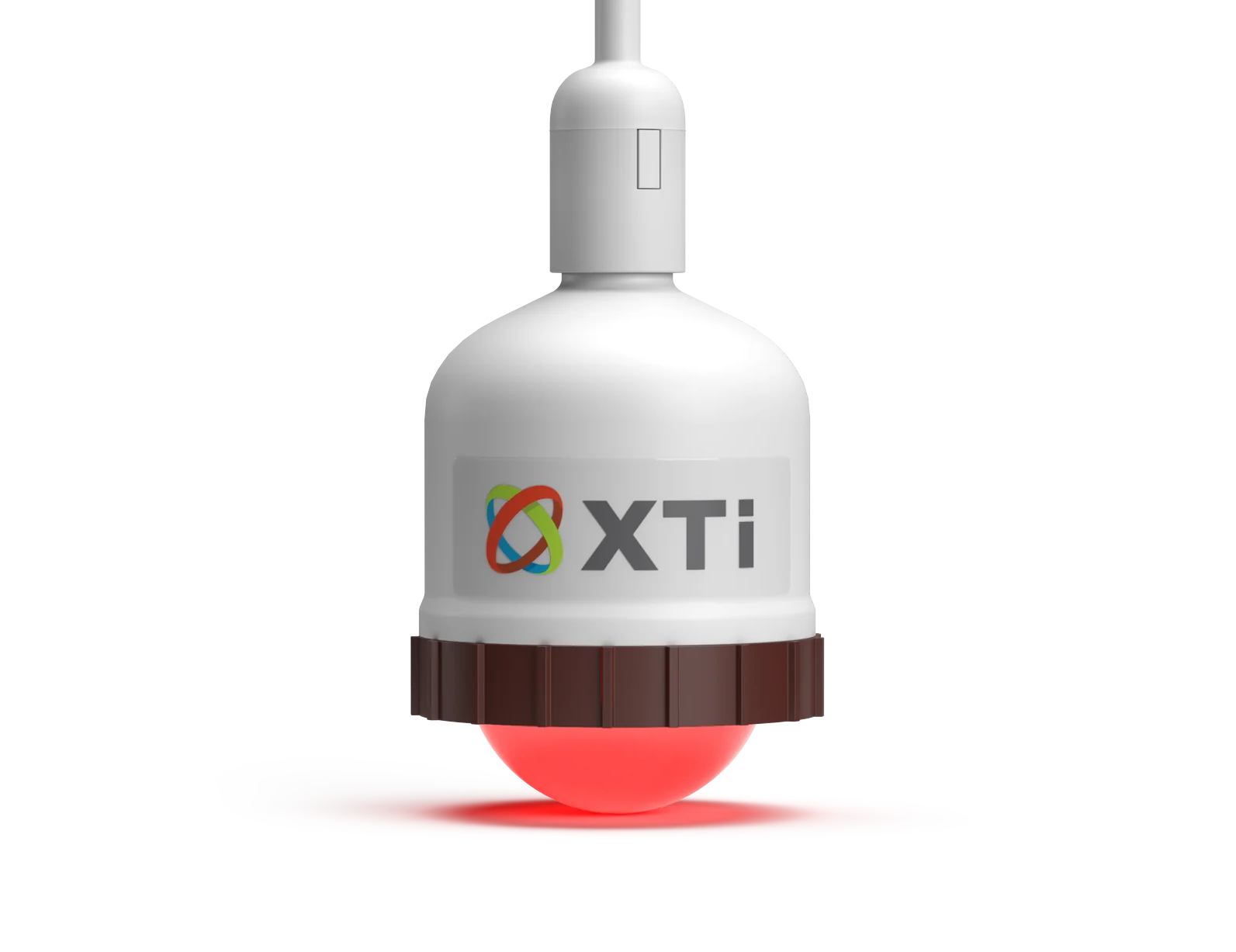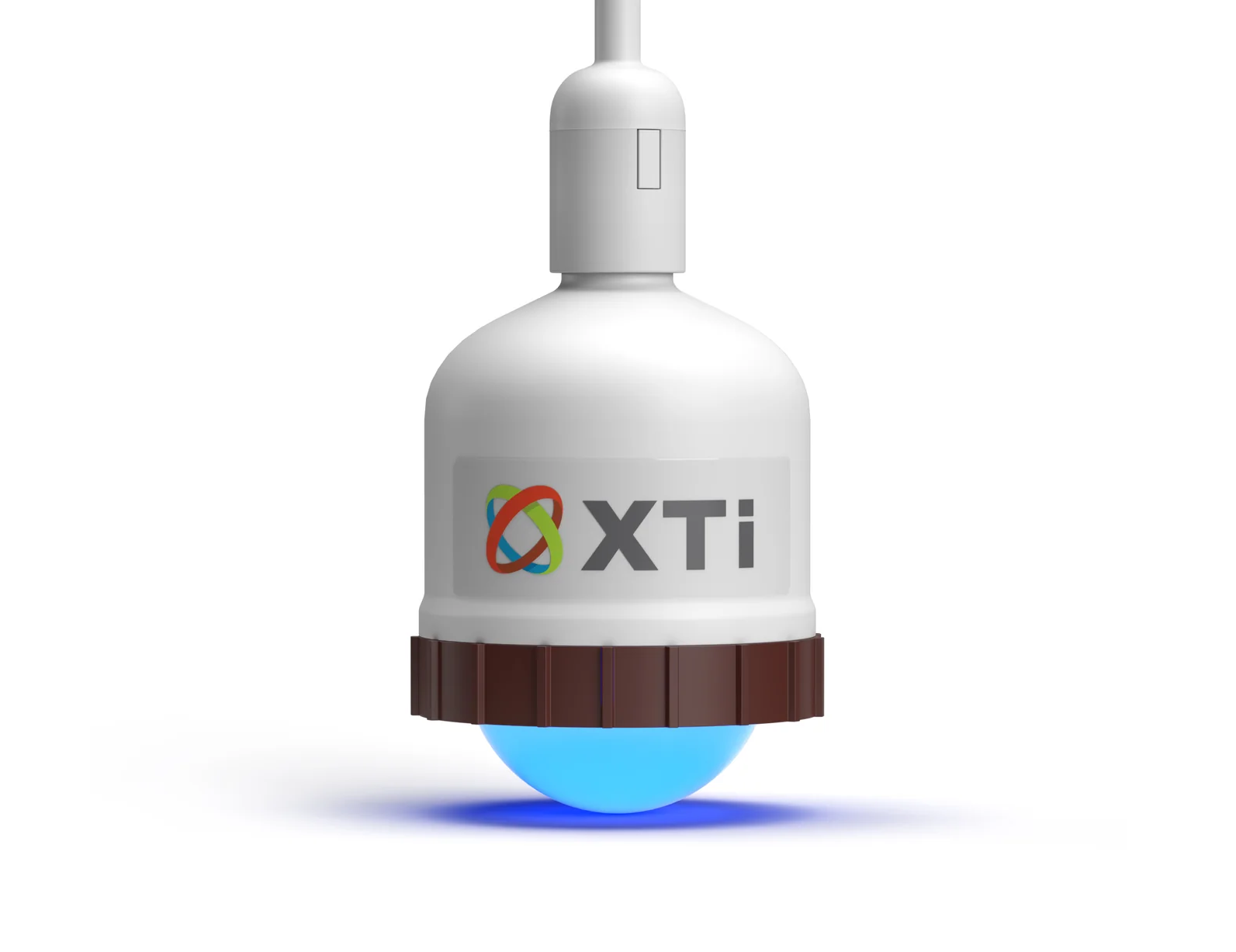
May 13, 2023
In the hustle and bustle of modern life, sleep often takes a backseat. We prioritize work, social activities, and entertainment, while neglecting one of the most essential pillars of well-being: sleep. However, the consequences of sleep deprivation and circadian disruption extend far beyond feeling groggy or tired.
Sleep deprivation refers to a chronic lack of sufficient sleep. In today’s fast-paced society, many individuals willingly sacrifice sleep to meet professional or personal obligations. However, sleep deprivation can have severe consequences on both the mind and body. Physically, it weakens the immune system, impairs metabolism, and increases the risk of obesity, diabetes, and cardiovascular diseases. Mentally, it affects mood regulation, leading to irritability, depression, anxiety, and decreased cognitive function. Furthermore, chronic sleep deprivation has been linked to memory problems, reduced creativity, and a higher likelihood of accidents due to impaired concentration and reflexes.
Circadian rhythms are the internal biological processes that regulate our sleep-wake cycles, body temperature, hormone production, and other physiological functions. Disrupting these rhythms, often caused by irregular sleep patterns, shift work, or excessive exposure to artificial light, can lead to circadian disruption. This disruption can have far-reaching consequences. When our sleep-wake cycles are out of sync with the external environment, it can disrupt hormonal balance, suppress immune function, and interfere with the body’s ability to repair and rejuvenate itself. Disrupted circadian rhythms have also been associated with an increased risk of various health conditions, including obesity, diabetes, mood disorders, and even certain types of cancer.
Sleep deprivation and circadian disruption often create a vicious cycle. Sleep deprivation can disrupt the body’s natural circadian rhythms, while circadian disruption can make it challenging to get sufficient sleep. This cycle perpetuates and exacerbates the negative effects on health and well-being. Additionally, certain lifestyle factors, such as excessive caffeine consumption, irregular meal times, and lack of physical activity, can further contribute to the cycle, making it difficult to break free from its grip.
While the dangers of sleep deprivation and circadian disruption may seem daunting, there are steps one can take to improve sleep quality and restore healthy circadian rhythms. First and foremost, prioritize sleep by setting consistent bedtimes and wake-up times, ensuring an adequate amount of sleep for your age group. Establish a relaxing bedtime routine to signal your body that it’s time to wind down. Create a sleep-friendly environment, with a cool, dark, and quiet bedroom. Minimize exposure to electronic devices, as the blue light emitted can interfere with melatonin production. Practice stress-reduction techniques, such as meditation or deep breathing exercises, to calm the mind before sleep.
In terms of circadian health, aim for regular exposure to natural light during the day, especially in the morning. Avoid excessive light exposure at night, particularly from electronic screens, and consider using blue-light-blocking glasses or an XTi Luman Sleep. Maintain a consistent meal schedule and limit caffeine and alcohol intake, especially close to bedtime. Regular exercise, preferably during the day, can help regulate circadian rhythms and improve sleep quality.
Sleep deprivation and circadian disruption are not mere inconveniences; they are silent perils that can have disastrous consequences on a person’s health and wellbeing.
Discover the PULSE Series


